Best practices and knowledge exchange on safe consultations with survivors of violence against women and girls
Date:
On June 15, UN Women together with the National Coalition Life Without Violence and financial support from Sweden organized a round table to discuss international and national best practices on ensuring safe consultations with survivors of violence against women and girls. The discussion was based on the newly published guide “Safe consultations with survivors of violence against women and girls”, developed by UN Women and Global Rights for Women. The guide provides practical steps, safety measures, and actions that government agencies, civil society and survivor organizations, and United Nations entities can take to incorporate survivors’ voices into systemic reform efforts, through safe and meaningful consultations.
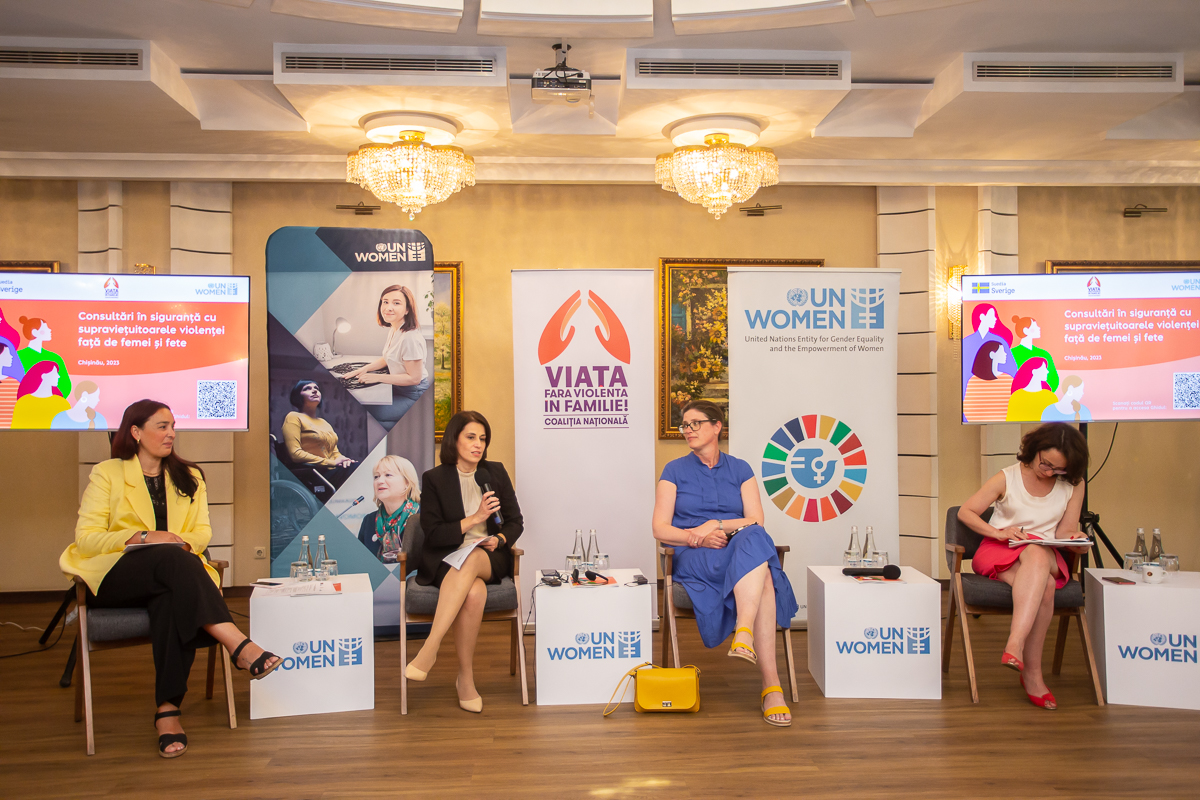
Photo credit: Gheorghe Vicol/UN Women
Ensuring that survivors’ voices and inputs are incorporated into policies, practices, and procedures in the response is a key challenge for many of the actors who are working to end violence against women. Having a “survivor-centred approach” that places the human rights, needs and wishes of women and girl survivors at the centre of service deliver is, however, essential to reduce the risk of further harm and suffering. During the round table, the participants discussed how programmes with a survivor-centred approach can be developed, and good practices on successful implementation on such programmes.
Opening the discussion, State Secretary to the Ministry of Labour and Social Protection, Felicia Bechtoldt, emphasized the importance of creating a safe environment where survivors of violence feel supported in sharing their experiences. “Women are afraid to speak about their experiences, especially in rural communities where everyone knows each other”, she said. “It is essential that we make people aware of the consequences of violence. We will support and encourage the women survivors to report the cases of violence”.
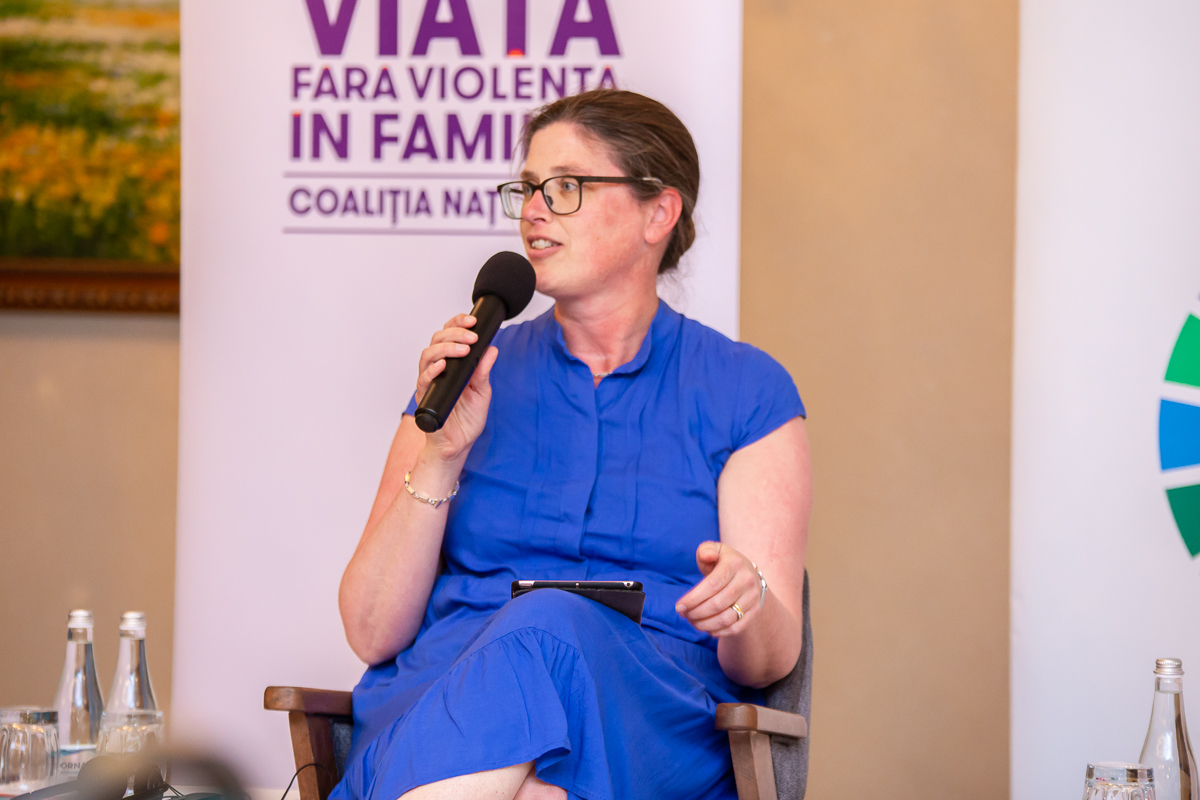
Photo credit: Gheorghe Vicol/UN Women
“Violence against women and girls continues to be a serious human rights concern within all societies and we need to have an active dialogue on ways to address this scourge. To ensure that we have the best possible preventive measures against violence, enabling a better society and safer future for next generation, we need to listen to the survivors, and we need to be able to do it in a way that is both practical, safe and meaningful. We are grateful that we now have concrete guidance developed by UN Women together with Global Rights for Women, that can help us get there. I hope that the Guide that will be presented and discussed today, will bring efficient and inclusive methodology for practitioners to consider the needs and potential risks when approaching and working with survivor”, said H.E. Katarina Fried, Ambassador of Sweden, who also attended the discussion.
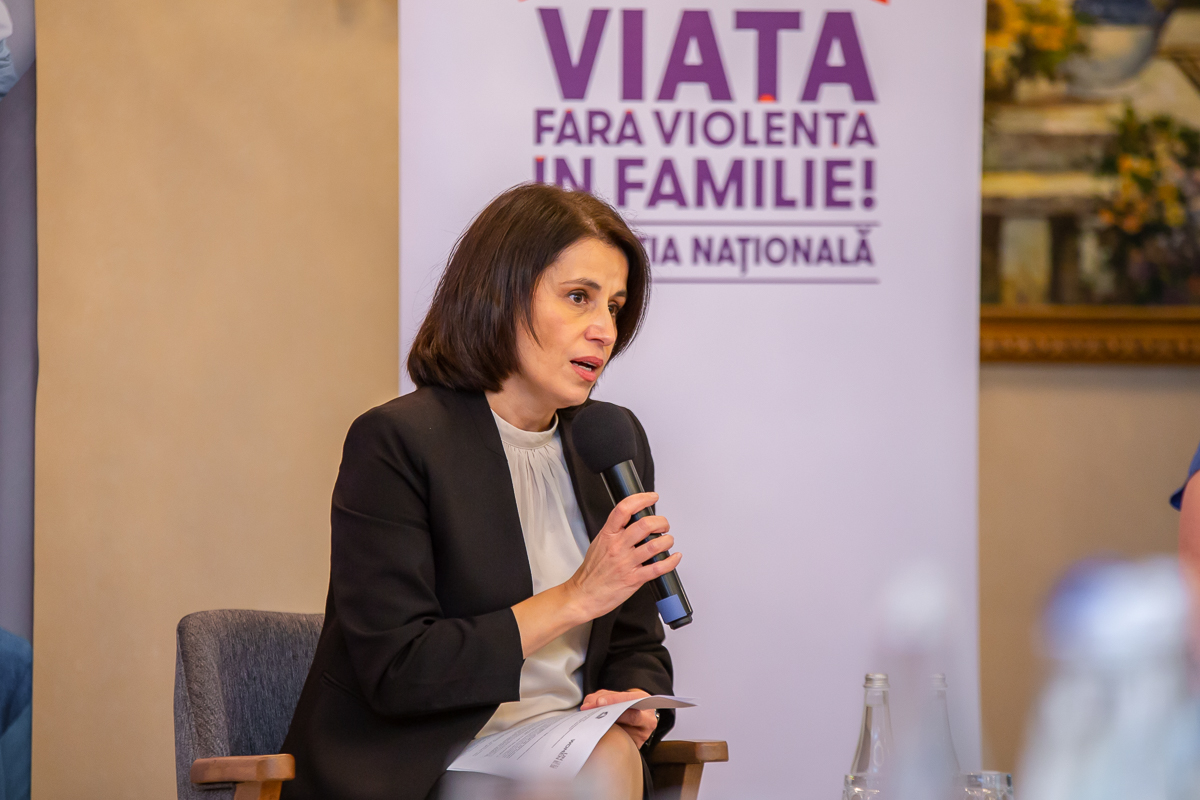
Photo credit: Gheorghe Vicol/UN Women
Dominika Stojanoska, UN Women Moldova Country Representative, emphasised the importance of communicating with women survivors of violence about the available support services that exist in their communities. “We still have low levels of reporting, either because women don’t know what services are available, weather services are available or not, or because of stigma in the communities”. She also stressed the importance of listening to women’s experiences with violence, saying “we need to support women because silence is a key enabler for perpetrators to continue perpetrating violence. If women’s voices are not heard, the violence will go on. We see change happening, many survivors are coming out and starting to speak”.
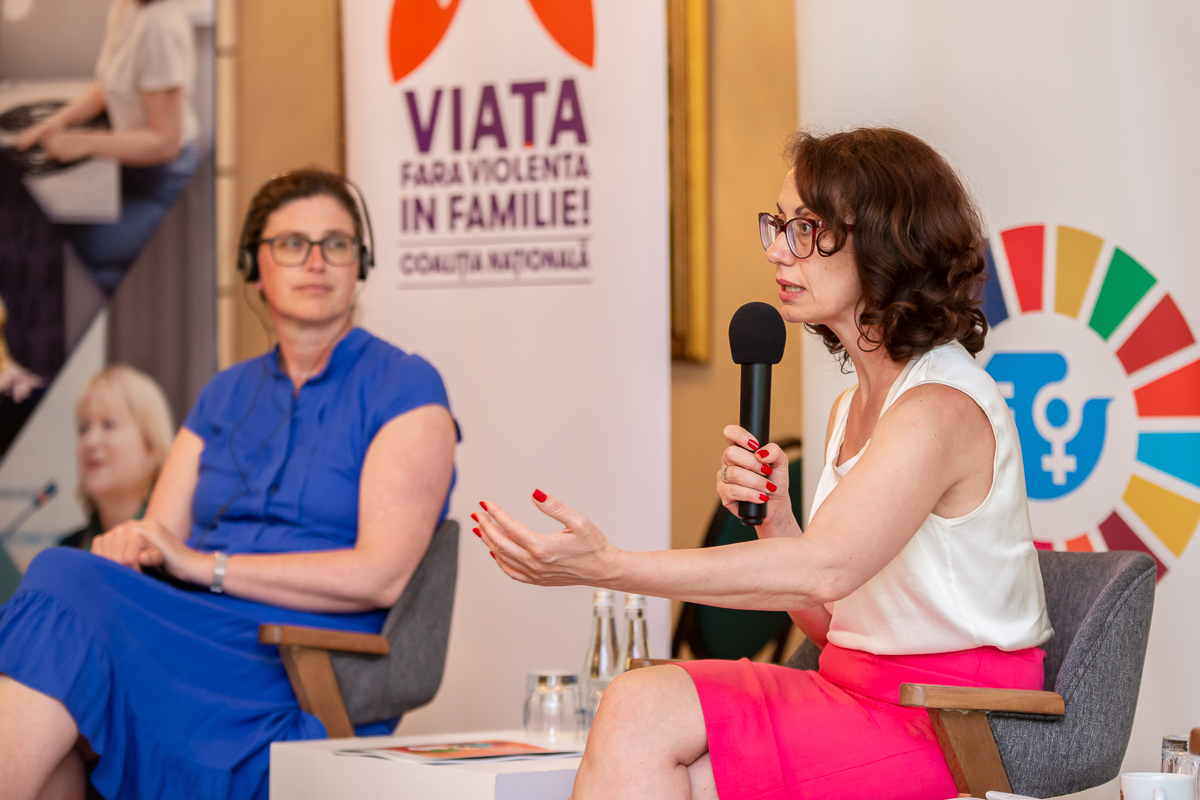
Photo credit: Gheorghe Vicol/UN Women
Veronica Teleuca, Coordinator of National Coalition “Life without Violence” reflected on the importance of the guide and the need for continuous learning for service provides and experts. “We cannot create programs for women and girls who have survived violence if we do not hear them, if we are not attentive and open”, she said. “We have to deliver programs based on the needs and realities of women”.
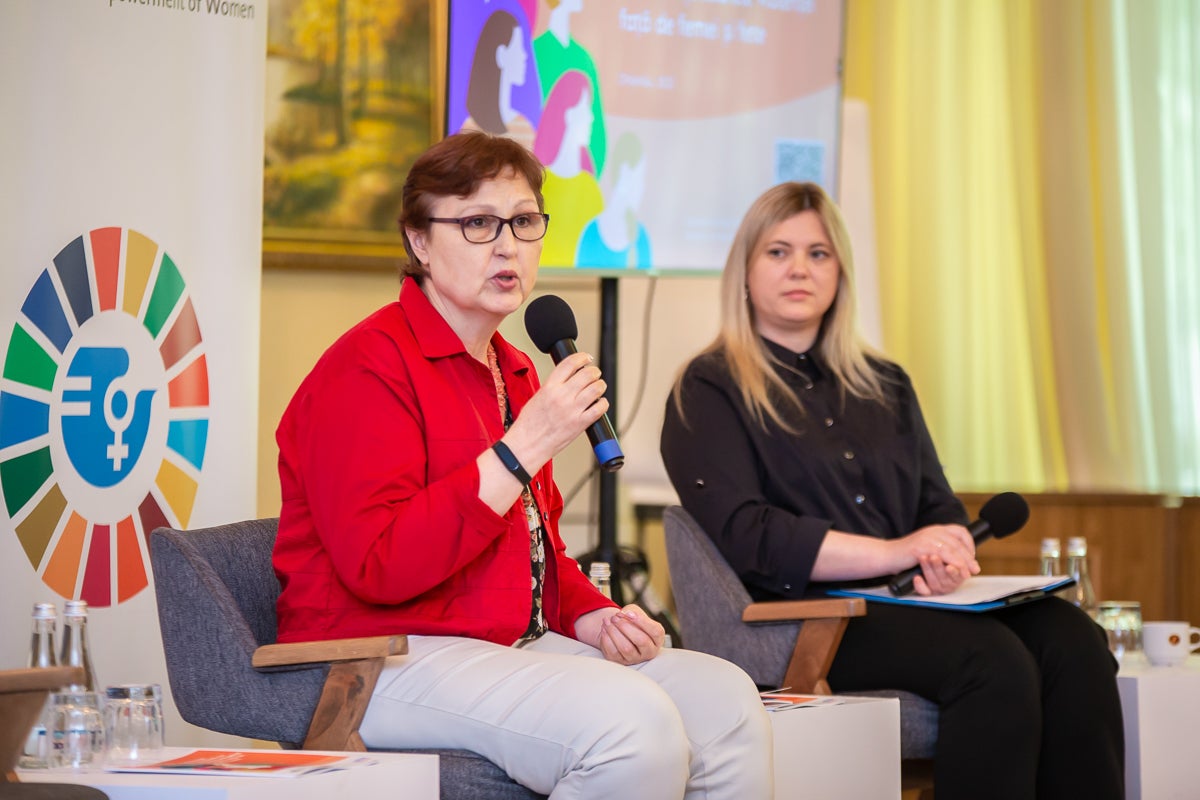
Photo credit: Gheorghe Vicol/UN Women
The event continued with a presentation of the guide by Melissa Scaia, MPA, Global Rights for Women, and author of the guide. Scaia underlined the importance of consulting women and girls’ survivors of violence and shared insights from the guide on how survivor consultations should be conducted. This was followed by an exchange of experiences from service providers. Ina Gradinaru, from the non-governmental organization Artemida, said “it is important for when we plan and develop organizational programs to take the voice of the survivors into consideration. Programs should rely on the consultancy of women who have survived domestic violence to truly consider their needs”. Ludmila Popovici from the Rehabilitation Centre Memoria emphasised the importance of not re-traumatizing the survivors while asking them to share their experiences and needs, saying “we have had survivors who were in focus groups that returned with a deepened depression, high levels of anxiety and being re-traumatized. We are very careful when we are discussing with survivors and informing the women of what this would mean. It is important that when the women are selected, that there is an expert who leads the discussion and is well prepared and experiences in trauma”.
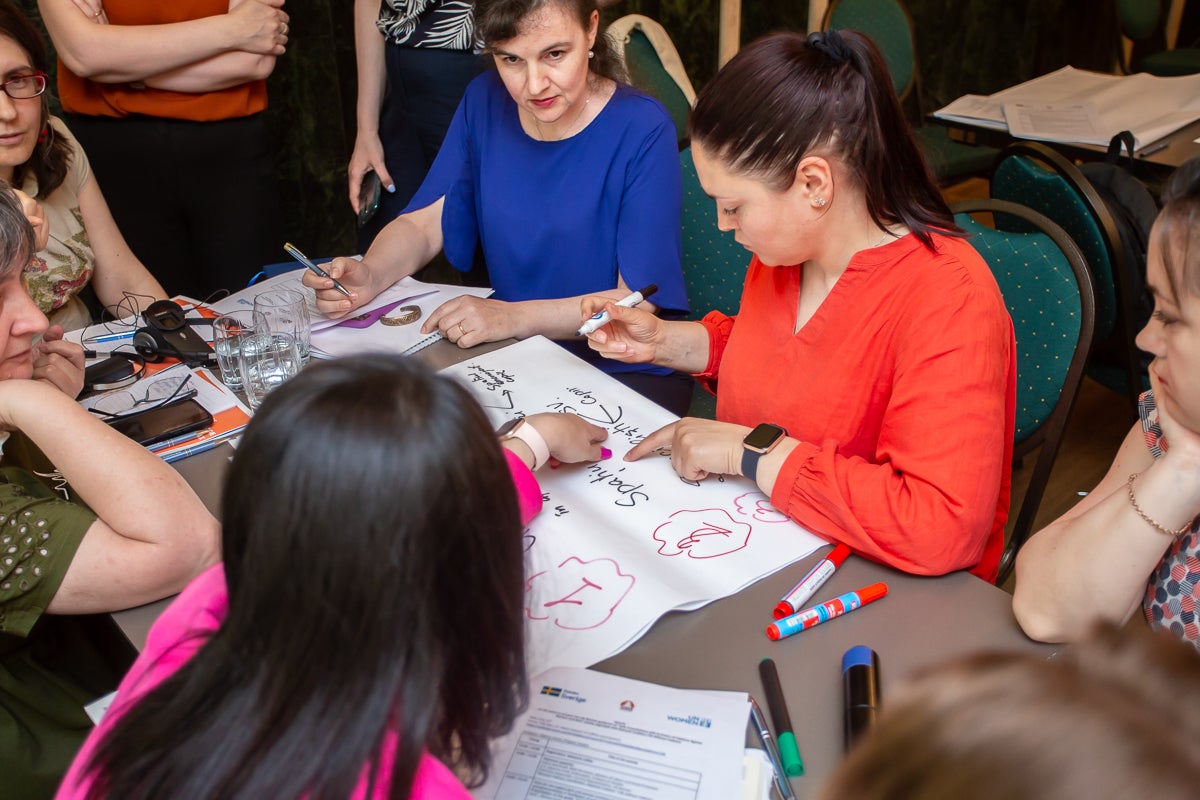
The event concluded with a discussion on how programmes of support can be developed with an integrated survivor centred approach. The participants emphasised the need to create a safe space for survivors, accessibility for people with special needs, qualified specialists who receive continuous training, accessibility for mothers and their children, as well as financial resources to provide transportation and food for the survivors. The well-being of the service providers was also discussed as a challenge that needs attention.